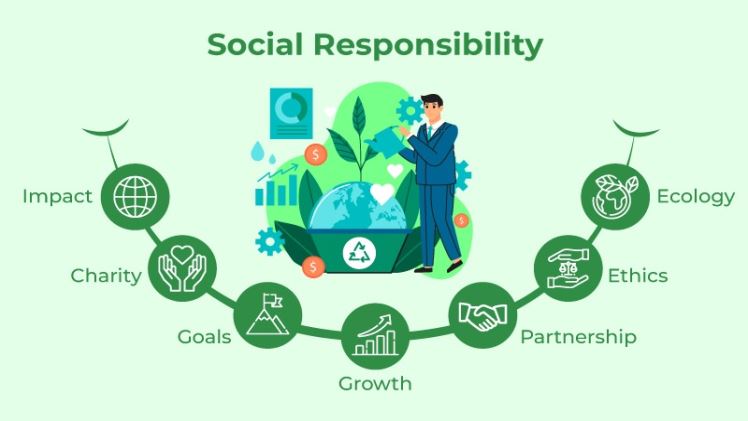The Increasing Role of Social Responsibility in BPO Operations

Social responsibility in Business Process Outsourcing (BPO) operations has transitioned from being a peripheral concern to a central strategic element. In an era where businesses are increasingly held accountable for their social and environmental impact, contact center outsourcing providers are recognizing the importance of incorporating social responsibility into their operational ethos. This shift towards socially responsible practices is driven by a combination of ethical imperatives, client expectations, and a growing understanding of its long-term business benefits.
The impetus for embracing social responsibility stems from a changing global business environment. Consumers and clients are more informed and concerned about how companies operate, especially regarding their impact on communities and the environment. This awareness has prompted BPOs to adopt practices that are not only economically beneficial but also socially and environmentally sustainable.
One of the key aspects is workforce welfare. This includes providing fair wages, safe working conditions, and opportunities for career growth. By investing in their employees’ well-being, outsourcing providers can enhance job satisfaction, reduce turnover rates, and improve service quality. This focus on workforce welfare is also essential for building a positive brand image and attracting top talent.
Environmental sustainability is another crucial element of social responsibility. Many outsourcing providers are implementing green initiatives, such as reducing energy consumption, minimizing waste, and using sustainable resources. These practices not only contribute to environmental conservation but can also lead to cost savings and compliance with environmental regulations.
Community engagement and development are also integral in operations. Contact centers are increasingly involved in community programs, from educational initiatives to health and wellness projects. These activities help in building strong community relations and enhancing the social impact of the industry.
However, integrating social responsibility presents several challenges. One major challenge is balancing social initiatives with business goals. Outsourcing providers need to align their social responsibility strategies with their core business objectives to ensure long-term sustainability and profitability.
Another challenge is measuring and communicating the impact of social responsibility initiatives. Contact centers must develop metrics to assess the effectiveness of their social programs and transparently report these results to stakeholders. This transparency is crucial for building trust and credibility.
The impact on outsourcing operations is significant. It enhances the reputation of the sector, strengthens client relationships, and can lead to new business opportunities. Clients are more likely to partner with outsourcing providers that demonstrate a commitment to social responsibility, as it aligns with their values and corporate social responsibility (CSR) goals.
Looking forward, the role of social responsibility in operations is expected to grow. As global challenges such as climate change, social inequality, and ethical governance gain prominence, call centers that proactively address these issues will be better positioned in the market. Social responsibility will increasingly become a differentiator in the industry, influencing client decisions and shaping industry standards.
The increasing role of social responsibility in operations reflects a shift towards more ethical and sustainable business practices. As outsourcing providers continue to integrate social responsibility into their operations, they not only contribute to societal well-being but also enhance their competitiveness and long-term success in a rapidly evolving global market.

